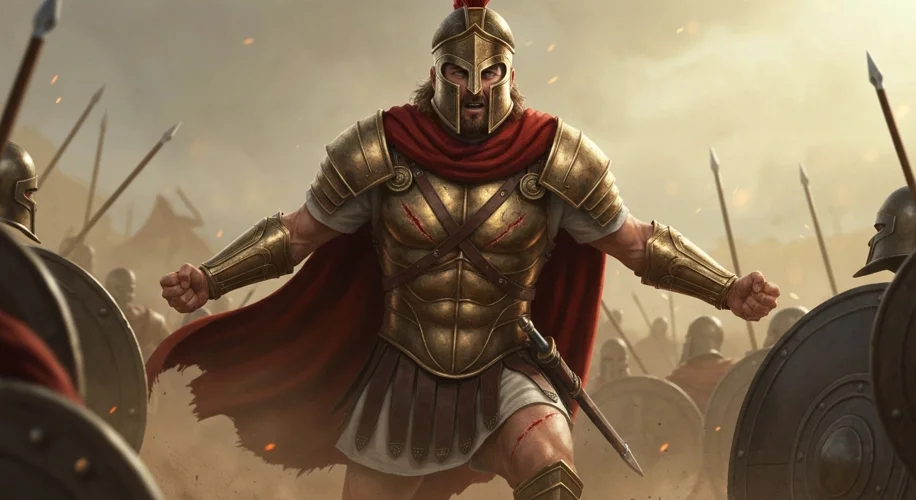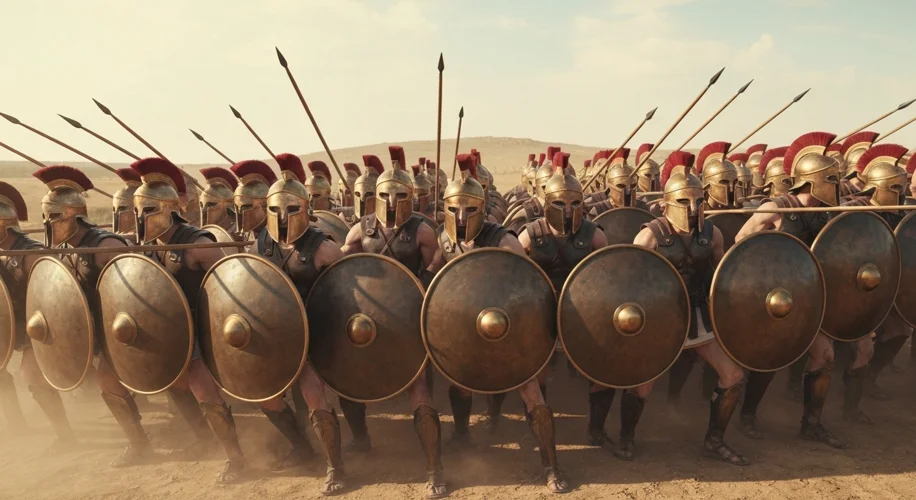When we conjure images of ancient Greece, the name Sparta often evokes a singular vision: a land of stern, battle-hardened warriors, living lives of austere discipline. This image, powerfully etched into our collective consciousness, owes much to the foundational epics of Western literature – Homer’s Iliad and Odyssey. Yet, the Sparta sung by Homer, a participant in the legendary Trojan War, and the historical Sparta of the Classical period (roughly 5th and 4th centuries BCE) were not quite the same entity. They represent two distinct moments, shaped by myth, memory, and the brutal realities of survival.
Let us journey back to the heroic age, the time Homer describes. In the Iliad, the Spartan king Menelaus is a prominent figure, husband to the abducted Helen and a leader among the Achaean forces. His brother, Agamemnon, king of Mycenae, is the supreme commander, but Menelaus is depicted as a valorous warrior, a man of honor and a formidable fighter. The description of his duel with Paris, though dramatic, offers a glimpse into the values of this era: a focus on individual prowess, martial skill, and a code of honor that transcended mere brute force.  The Homeric Spartan, while certainly martial, appears as a king leading his people, a ruler with a household and a place within a broader, aristocratic society. There’s a sense of a vibrant, if often volatile, noble class.
The Homeric Spartan, while certainly martial, appears as a king leading his people, a ruler with a household and a place within a broader, aristocratic society. There’s a sense of a vibrant, if often volatile, noble class.
Fast forward several centuries to Classical Greece, and the Sparta that emerged is a city-state radically transformed. The legendary hero-kings of the Homeric age had long since faded into history, replaced by a unique social and political structure. The bedrock of this new Sparta was the agoge, a brutal, state-controlled education and training system that began in childhood. From the age of seven, Spartan boys were removed from their families, living communally and undergoing rigorous physical and military training. Their lives were dedicated to the polis, to the unwavering pursuit of military excellence, and to the suppression of all personal indulgence. The ideal was not the heroic individual of Homer, but the perfectly disciplined hoplite, a cog in the formidable Spartan war machine.
This societal shift was driven by a profound historical necessity. The Spartan helots, a subjugated population of serfs, vastly outnumbered their Spartan masters. The constant threat of helot revolt necessitated a society geared entirely towards military preparedness. Every Spartan citizen was a soldier, a member of the elite warrior class known as the Spartiates. This warrior ethos permeated every aspect of life, from their notoriously simple diet (the infamous

